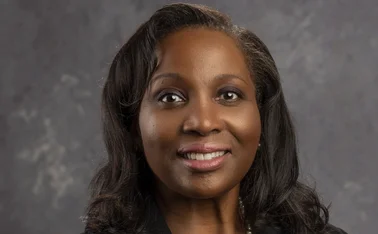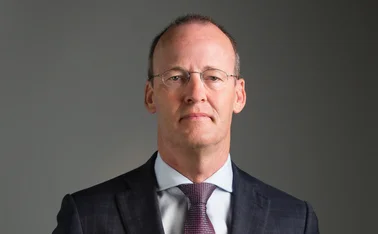
Fed's Fisher lambasts QE2

Richard Fisher, the president of the Dallas Federal Reserve, on Monday attacked the Federal Open Market Committee's (FOMC) decision to buy an additional $600 billion-worth of Treasury bonds by next June, saying the purchases will do little to create jobs and much to spur financial speculation at the expense of poor Americans.
"There are some green shoots beginning to emerge in a landscape still pocked-marked by brown spots. General economic conditions are improving slightly and are expected to
Only users who have a paid subscription or are part of a corporate subscription are able to print or copy content.
To access these options, along with all other subscription benefits, please contact info@centralbanking.com or view our subscription options here: www.centralbanking.com/subscriptions
You are currently unable to print this content. Please contact info@centralbanking.com to find out more.
You are currently unable to copy this content. Please contact info@centralbanking.com to find out more.
Copyright Infopro Digital Limited. All rights reserved.
As outlined in our terms and conditions, https://www.infopro-digital.com/terms-and-conditions/subscriptions/ (point 2.4), printing is limited to a single copy.
If you would like to purchase additional rights please email info@centralbanking.com
Copyright Infopro Digital Limited. All rights reserved.
You may share this content using our article tools. As outlined in our terms and conditions, https://www.infopro-digital.com/terms-and-conditions/subscriptions/ (clause 2.4), an Authorised User may only make one copy of the materials for their own personal use. You must also comply with the restrictions in clause 2.5.
If you would like to purchase additional rights please email info@centralbanking.com







